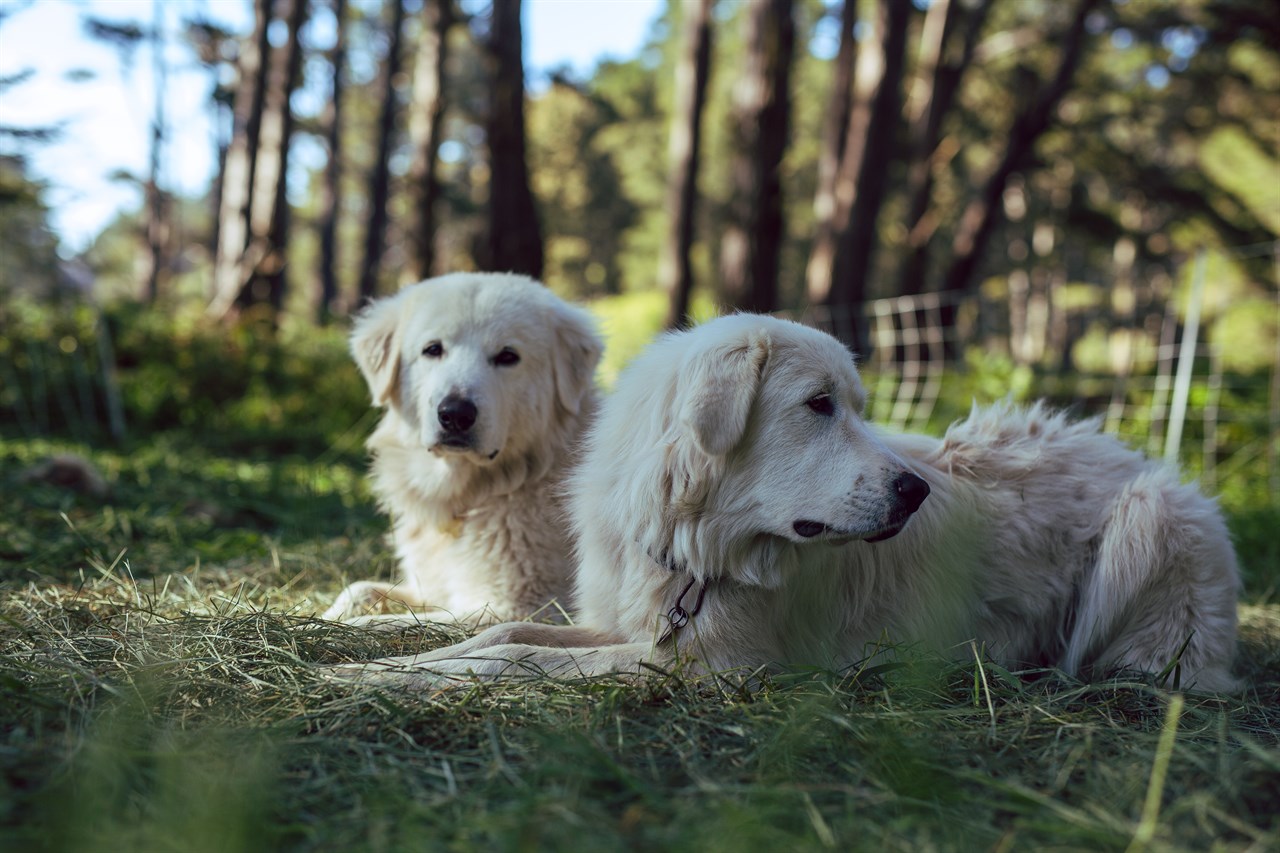Feeding Habits and Food Requirements of the Pyrenean Mountain Dog

The Pyrenean Mountain Dog, also known as the Great Pyrenees, is a large and majestic breed with specific dietary needs. Proper nutrition is essential to support their health, well-being, and longevity. Here's a comprehensive guide to their feeding habits and food requirements.
Nutritional Needs
Great Pyrenees, like all dogs, require a balanced diet that provides the necessary nutrients to maintain their overall health. Their nutritional needs may vary depending on factors such as age, activity level, and health status. Here are some essential components of their diet:
- Protein: Protein is crucial for muscle maintenance and overall health. Look for high-quality dog food that lists a quality source of animal protein, such as chicken, beef, or fish, as the first ingredient.
- Fat: Fat provides energy and supports skin and coat health. It's important to choose dog food with an appropriate fat content for your dog's age and activity level.
- Carbohydrates: Carbohydrates supply energy and fibre for digestive health. Quality carbohydrates can come from sources like rice, sweet potatoes, or whole grains.
- Vitamins and Minerals: A well-balanced diet should contain essential vitamins and minerals. Commercial dog food is formulated to meet these requirements, but some owners choose to supplement with veterinarian-recommended supplements.
- Fibre: Adequate fibre helps with digestion and can be especially important for large breeds like the Great Pyrenees.
Age and Life Stage
Great Pyrenees go through different life stages, each with its own nutritional needs:
- Puppy Stage: Puppies require a diet specifically formulated for growth and development. Ensure the food you choose is labelled for puppies and follow feeding guidelines provided by the manufacturer.
- Adult Stage: As adults, Great Pyrenees need a balanced diet to maintain their health and energy levels. Feed them a high-quality adult dog food and monitor their weight to avoid overfeeding.
- Senior Stage: In their senior years, they may require a diet formulated for older dogs, which can address potential age-related issues like joint health and weight management.
Portion Control
Given their large size, portion control is crucial for Great Pyrenees to prevent obesity and related health issues. Follow the recommended feeding guidelines provided on the dog food packaging or consult with your veterinarian to determine the appropriate portion size for your individual dog.
Meal Frequency
Many Great Pyrenees do well with two meals a day, one in the morning and one in the evening. However, the number of meals and feeding schedule can vary depending on your dog's age and activity level. Consult with your veterinarian to establish a feeding routine that suits your dog.
Fresh Water
Always provide fresh, clean water for your Great Pyrenees. They need access to water throughout the day to stay properly hydrated.
Special Dietary Considerations
Some Great Pyrenees may have specific dietary needs or sensitivities. If you suspect your dog has food allergies or intolerances, consult with your veterinarian to determine an appropriate diet.
In conclusion, providing the right nutrition is essential for the health and well-being of the Pyrenean Mountain Dog. Choose a high-quality dog food appropriate for their age and activity level, practise portion control, and consult with your veterinarian for guidance on meeting your dog's specific nutritional requirements. Proper nutrition helps ensure your Great Pyrenees remains healthy, strong, and happy throughout their life.
Pyrenean Mountain Dog puppies for sale
- Find Pyrenean Mountain Dog puppies for sale in ACT
- Find Pyrenean Mountain Dog puppies for sale in NSW
- Find Pyrenean Mountain Dog puppies for sale in NT
- Find Pyrenean Mountain Dog puppies for sale in QLD
- Find Pyrenean Mountain Dog puppies for sale in SA
- Find Pyrenean Mountain Dog puppies for sale in TAS
- Find Pyrenean Mountain Dog puppies for sale in VIC
- Find Pyrenean Mountain Dog puppies for sale in WA